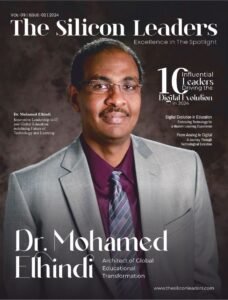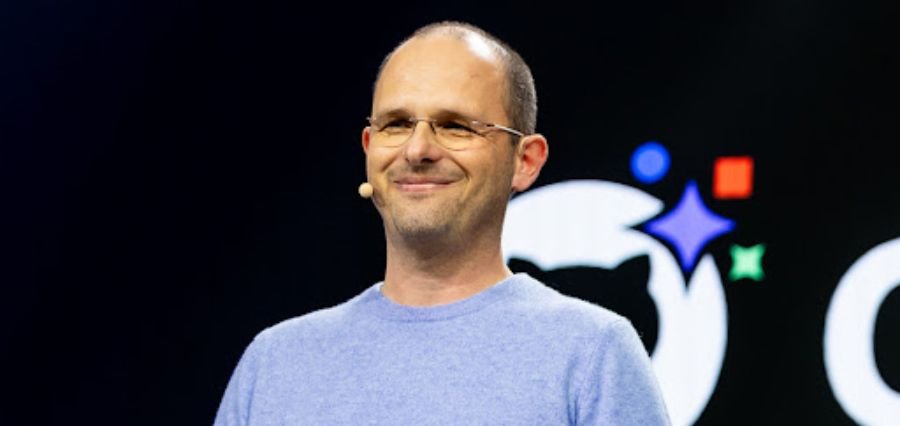The organizations are dominated by rapid changes in technology, and planning and vision are essential to use the technologies effectively. IT managers of higher education institutions must design and develop systems appropriate to cater to the multi-diverse requirements of students, instructors, and administrators to make the operation smooth and secure.

One of such inspirational leaders is Dr. Mohamed Elhindi. Possessing extensive experience in the field of Information System Management, Telecommunications, and Information System, Mohamed has had more than two decades of administrative and academic experience. His dedication towards establishing teamwork working relationships and promoting learning center’s academic, research, and public service goals testifies to his successful leadership.
Being a global leader, Dr. Mohamed’s leadership is visionary, flexible, and inclusive. My professional life has been characterized by dedication to building inclusive teams and contributing positively to various fields.
Throughout his residency, he has been responsible for academic computer, administrative computer, and enterprise services like the ERP system, telecommunications and networking, information security, and client services. He credits his initial responsibility to the creation of cooperative working relations with campus constituents and to the realization that his first responsibility is to serve in order to support the university’s role in furthering the academic, research, and public service missions.
In his role as administrator, Mohamed has collaborated with members of the learning community from public and private schools, business, government, college and university, on such pivotal topics as strategic planning, curriculum design and alignment, diversity, information technology standards, faculty and staff development, academic and administrative technology planning and implementation, and community building. In all of his endeavors, he has believed in shared decision-making, teamwork, and being civil.
More than 20 years of administrative experience in the college context attest that he worked cooperatively with administrators, leaders, faculty, students, and staff. He provided consulting services and designed aid for planning strategic effort. He also provided a cooperative effort for shared vision and leadership for administrative and academic computing support services.
His culture of leadership provides a framework for participative planning and management, with a task-achievement orientation, and optimal utilization of resources. He also ensures that there is organizational design flexibility available which can support participative management and planning.








